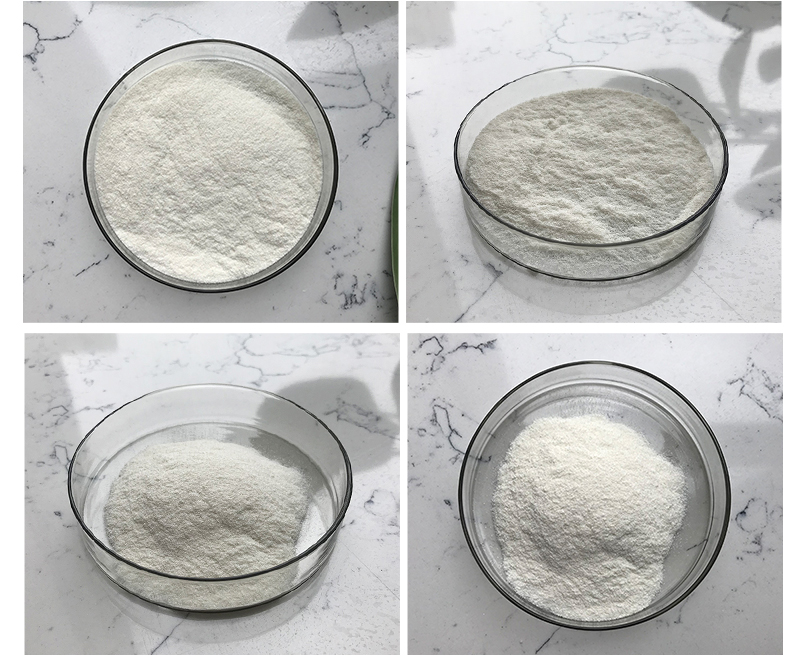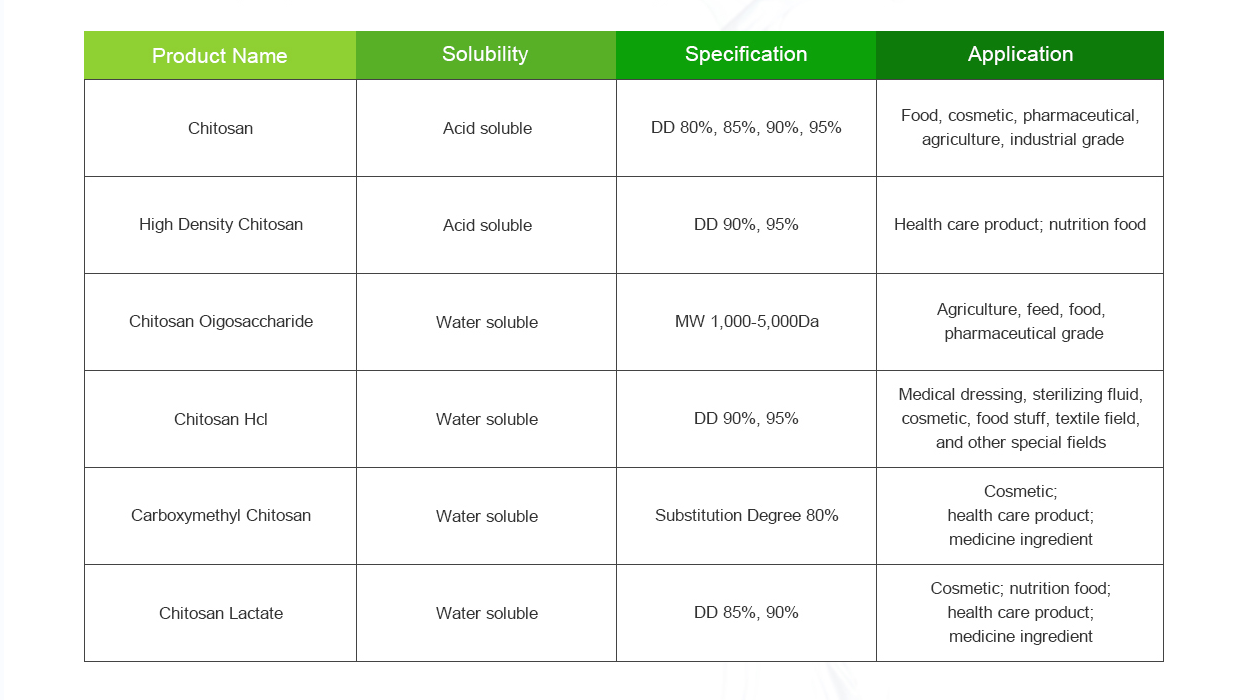Chitosan is a dietary supplement derived from chitin, a natural polymer found in the shells of crustaceans like shrimp and crabs. It has gained popularity as a potential weight loss aid and has been studied for its various health benefits. However, it’s important to note that scientific research on chitosan is ongoing, and its effectiveness, side effects, and special considerations should be understood before using it.

Effectiveness:
- Weight Loss: Chitosan has been studied as a potential weight loss supplement. It is believed to work by binding to dietary fat in the digestive tract, preventing its absorption and subsequent storage in the body. Some studies suggest that chitosan may lead to modest weight loss when combined with a reduced-calorie diet and exercise. However, the overall evidence is mixed, and the weight loss effects may not be significant.
- Cholesterol Management: Chitosan has been investigated for its potential to lower cholesterol levels. It may bind to cholesterol and bile acids in the intestine, reducing their absorption and promoting their excretion. Some studies have shown positive effects on reducing LDL (“bad”) cholesterol levels, but results vary and more research is needed.
- Blood Sugar Regulation: Limited research suggests that chitosan might have a role in improving blood sugar control, particularly in individuals with type 2 diabetes. It may slow down the absorption of glucose from the digestive tract.
Side Effects and Special Attention:
- Allergies: Individuals with shellfish allergies should avoid chitosan, as it is derived from crustacean shells and may trigger an allergic reaction.
- Gastrointestinal Effects: Some users of chitosan have reported gastrointestinal side effects such as constipation, bloating, and gas. It’s important to drink plenty of water when taking chitosan to help prevent these issues.
- Nutrient Absorption: Because chitosan can bind to dietary fat, it may also interfere with the absorption of fat-soluble vitamins (A, D, E, K) and essential fatty acids. If you’re considering taking chitosan, talk to a healthcare professional to ensure you’re still getting adequate nutrition.
- Drug Interactions: Chitosan could potentially interact with certain medications by reducing their absorption. If you’re taking medications, especially fat-soluble ones, consult your doctor before using chitosan.
- Pregnancy and Breastfeeding: Chitosan is not recommended for pregnant or breastfeeding women due to a lack of safety data in these populations.
- Long-Term Use: The long-term safety of chitosan as a dietary supplement is not well established. It’s important to use any supplement, including chitosan, in moderation and under the guidance of a healthcare professional.

Remember that individual responses to supplements can vary widely, and what works for one person may not work for another. Before using chitosan or any other supplement, it’s best to consult with a qualified healthcare provider to discuss your specific health goals, medical history, and potential risks. They can help you make an informed decision about whether chitosan is appropriate for you and provide guidance on proper usage.
